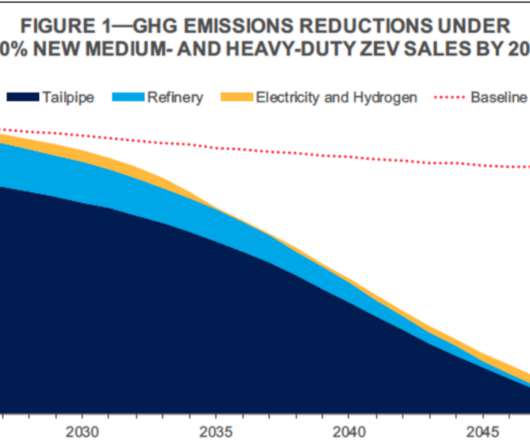Lordstown SEC probe, Tesla and fuel taxes, Polestar and Volvo updates: Today’s Car News
Green Car Reports
MARCH 18, 2021
Tesla has tried to convince the UK to raise its fuel tax. And Lordstown Motors asserts that it will be cranking out an Endurance electric pickup every six minutes in September. Lordstown Motors on Wednesday insisted. A recall on two EVs underscores how over-the-air updates can simplify some safety recalls.












Let's personalize your content